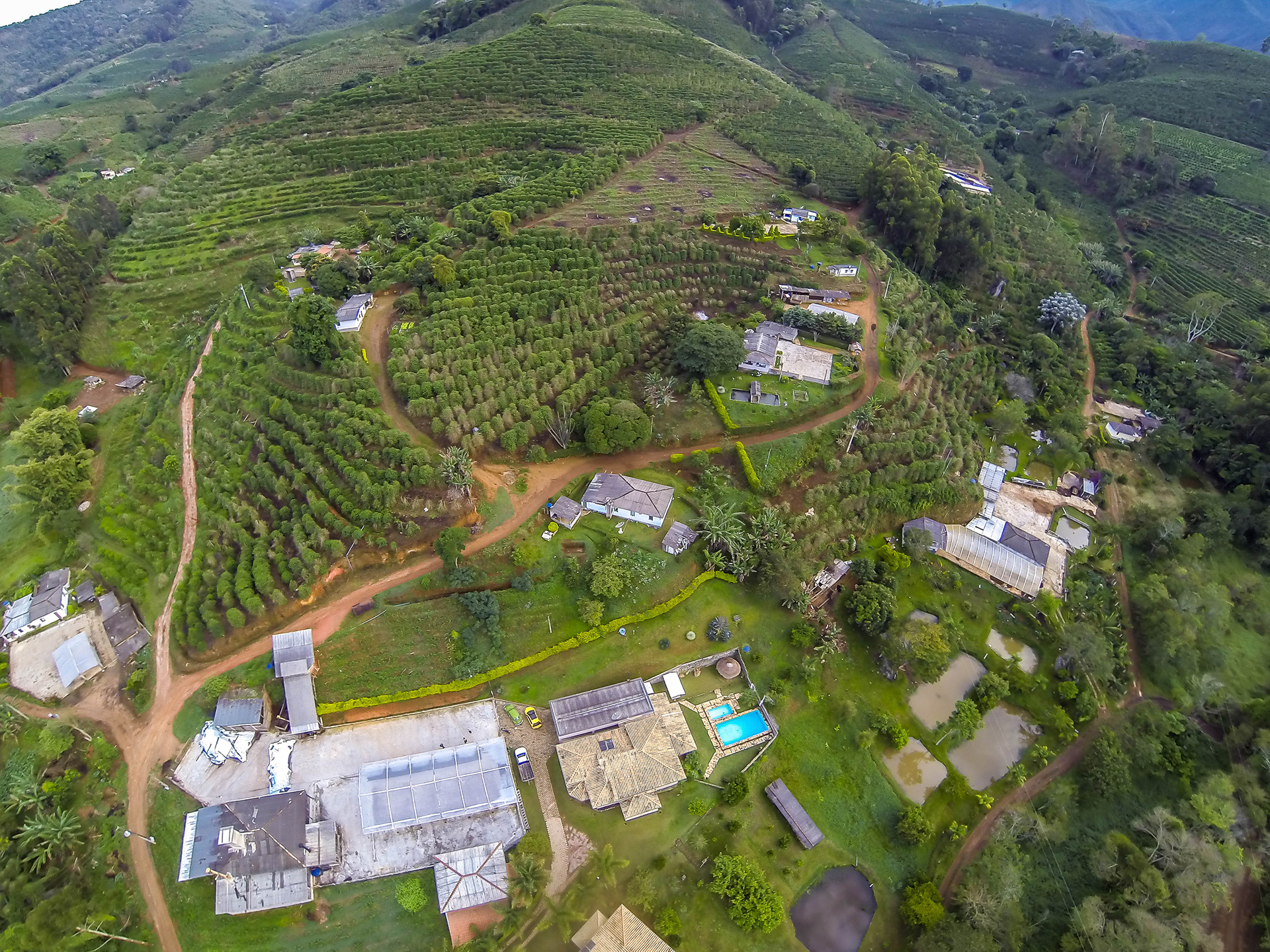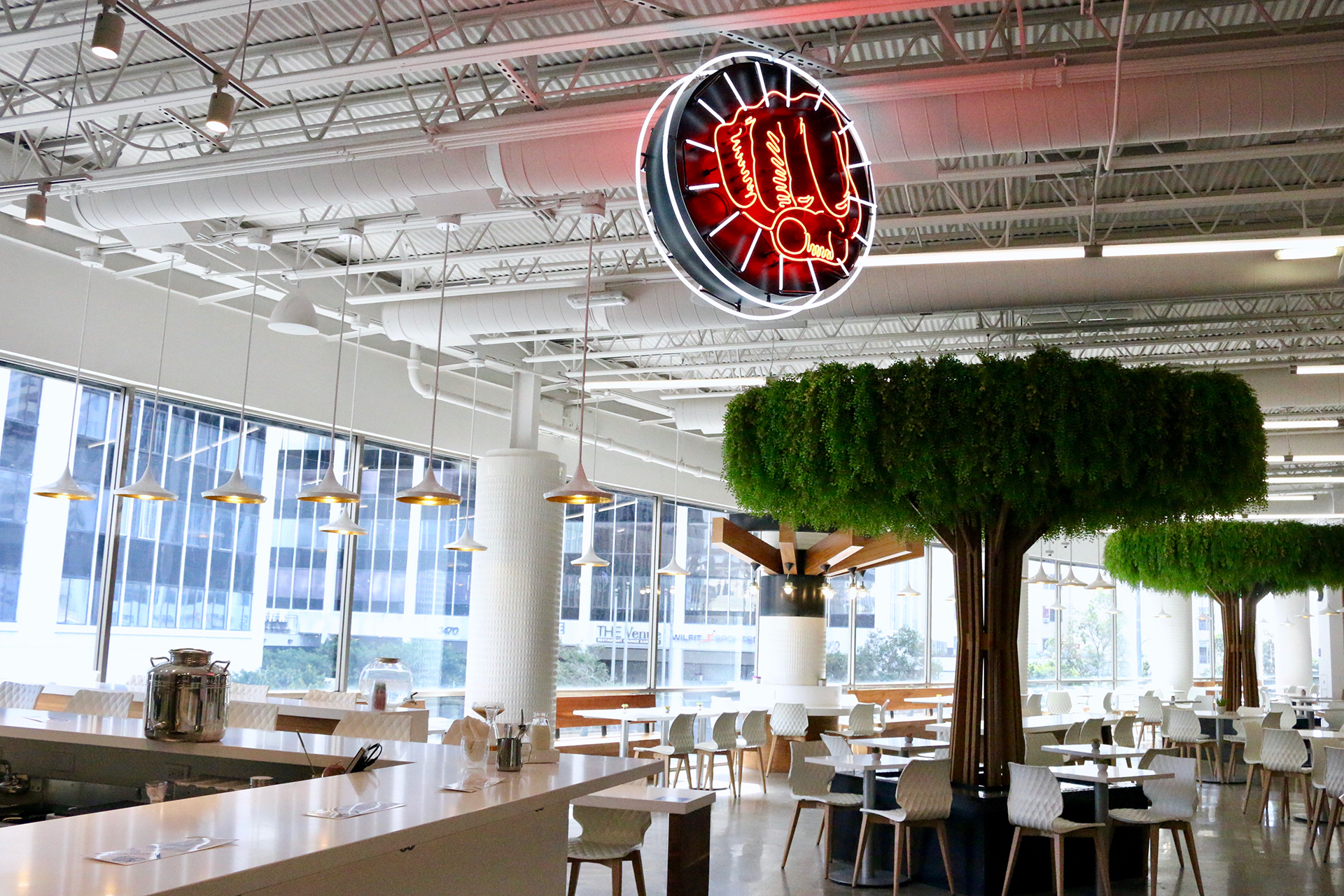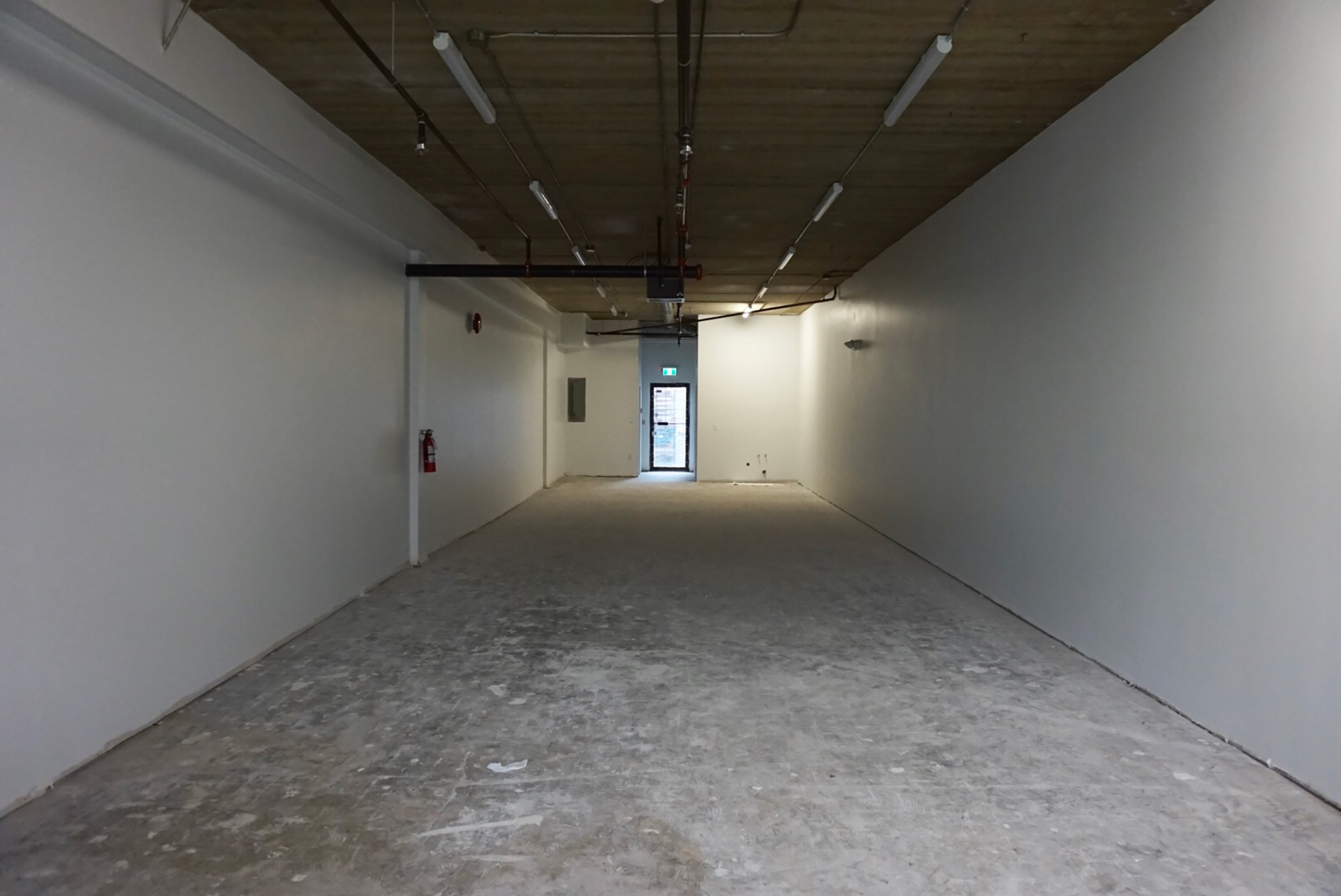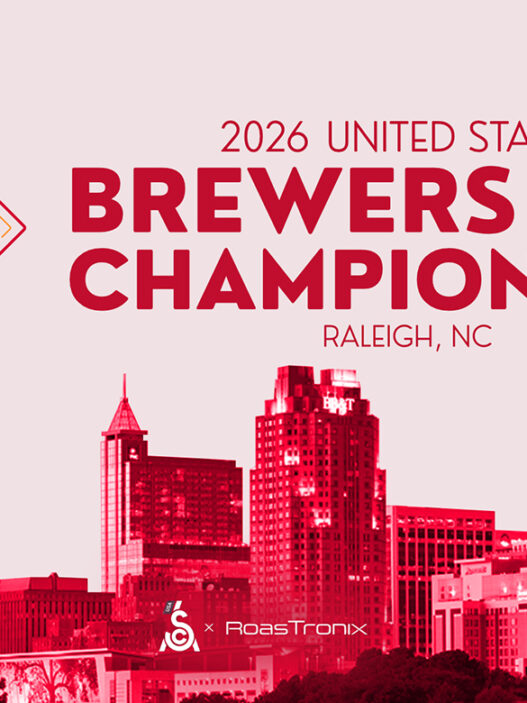
As of writing this, the price of Arabica coffee on the commodities market has dipped back under a dollar. There was a time not so long ago that the price of coffee being less than 100 pennies per pound felt like earth-shattering news; now, for us not in producing countries, those disconnected from the true hardships these numbers represent, this once nadir feels more like, “yep, that still sucks.” We’ve become used to it, like the no-longer-shocking racist tweets of a certain leader of the free world; it’s par for the course at this point.
As the first world becomes inured with finding new depths, the immediacy of the pricing crisis remains on the front of mind for those experiencing the devastating effects. And now, leaders of some of the world’s largest producing countries are banding together to protest at the next United Nations general assembly to “demand higher prices from the world’s coffee roasters.”
According to Bloomberg, the next UN general assembly takes place in September. There, per the head of Colombia’s coffee growing federation Roberto Velez, Brazilian president Jair Bolsanaro will join Colombia’s president Iván Duque to seek higher prices for their countries’ farmers.
“It is not just farmers but also their governments that are complaining to the coffee-roasting industry,” Velez said in an interview in his Bogota office.
Pleas for higher coffee prices are not new at this point, but what is new is that this appears to be the first comment from high-level officials directed at coffee roasting companies. In the past, statements have been made about the unsustainability of the coffee price in general, or there have been calls for enforcing a minimum per-pound amount. This, as best we can tell, is the first time a specific sector of the coffee industry has been targeted as the problem.
And Velez et al. aren’t wrong. Many coffee companies, especially the larger ones focused on commodities, aren’t paying a sustainable price for coffee. But this is more calling out the symptom rather than going after the disease. The real issue here, and it’s a big one, is global capitalism of the more unfettered ilk, plain and simple.
So long as coffee is treated like a commodity and traded on the futures market, things won’t get better. Without some sort of regulation—the free market capitalist’s bogeyman—to rectify the artificially low price, the bottom will continue to bottom out, and our tragedy of the commons will continue unfettered, to the detriment of millions invested in the coffee trade worldwide.
In general, meritocracies—which capitalism is supposed to be—don’t always work for those in need; folks who are starving can’t sit around wait for the free market to pay them what they are worth. If they stick to their principles, they will be buried underneath them. In the Bloomberg article, Starbucks states they pay growers “above and beyond the commodity market price.” Which they do, though it is still generally below what would be considered a sustainable amount. Thus, Starbucks has shielded themselves, at least partially, from criticism. So long as they’ve got someone or something else to point to as the problem, they’ve got plausible deniability.
In a request for comment from Bloomberg, Nestle stated “the present period of historically low Arabica prices due to a record Brazilian crop is causing hardship for many coffee farmers. It is not sustainable for the coffee sector in the medium term. We strongly believe that coffee farmers should earn a sufficient income to cover production costs and maintain a decent standard of living.” This is probably a statement that Nestle believes, but unless someone makes them act upon it, the company is not going to pay a fair price and cut into their own profits. If they were, they’d just, you know, pay more.
But Nestle and Starbucks can’t lose market share, or they’re beholden to stockholders, or any other number of businessy-sounding reasons for why they will continue to exploit immoral prices while releasing statements about how they vehemently disagree with them. No one commodity coffee buyer is going to put their neck out for the little guy, either in fear of it getting lopped off by the great golden axe of capitalism or because they simply don’t want to. All these scaled companies will have pay more or none of them will, starting with the biggest commodity purchasers. And the only way to make them act in a way counter to their financial interests—a way they claim to agree with—is to make them.
And that means regulation.
Those with money and/or power are not quick to give up either. Change is going to have to come from the top down, and consumers will need to understand why this is happening as it happens through measured, non-partisan reporting and analysis. Make coffee drinkers understand that either we regulate coffee now, or in 50 years—perhaps sooner—the coffee trade will be incalculably fucked. Stuff like this transparency pledge and voluntary paying of higher rates and institutional fair practices are a good start. Not for nothing, it honestly says a whole lot about the soul and purpose of specialty coffee as a cultural phenomenon that comparatively tiny companies like Counter Culture, Onyx Coffee Lab, Coffee Collective, Tim Wendelboe, Junior’s Roasted Coffee, and Seven Seeds are leading the charge.
But it’s only a start. The presidents of Brazil and Colombia aren’t wrong to blame coffee roasters. But don’t just blame them, make them change. Regulate the coffee market.
Zac Cadwalader is the managing editor at Sprudge Media Network and a staff writer based in Dallas. Read more Zac Cadwalader on Sprudge.
Top image by Bruno Lavorato in Using Fermentation To Take Coffee To New Heights At Sítio Santa Rita In Brazil
























